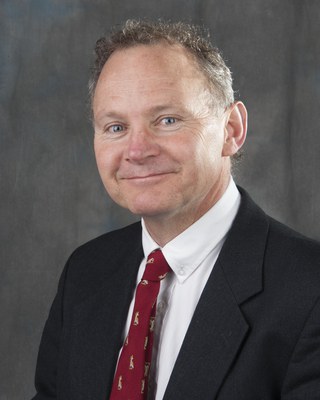Why is surgery ignored in discussions about global health needs?
27 Apr 2016
Professor Christopher Lavy

Perhaps it is because traditional ‘tropical disease’ experts concentrate on infection, perhaps it is because surgical conditions are a mixed bag of diagnoses ranging from accidents (5.1 million deaths per year) to preventable maternal haemorrhage (probably 100,000 deaths per year), perhaps it is because surgical treatment requires a systems approach and cannot be performed by one health worker and some tablets. Perhaps it is also because we surgeons have not been advocates for global surgical need and what can and should be done about it.
With today’s launch of the Lancet Commission’s report on global surgery, this is now changing. The Lancet Commission on Global Surgery (LCoGS) was set up in 2013 specifically to collect data on the state of surgery in the world, to look at manpower and training needs, and the most appropriate systems of service delivery.
Being a member of the Commission was a lot of hard work, and most days of 2014 were involved in LCoGS communications, research, meetings and conferences. The commissioners were a carefully chosen group of health ministers, surgeons, anaesthetists, health economists, and health planners drawn from all corners of the world. It was stimulating and challenging to take part in such a wise and experienced group. We inevitably got to know each other well, as over the year we had meetings in all continents and took advice from hundreds of stakeholders, practitioners and politicians.
The report itself was peer reviewed. It will be followed by a day of public presentations and discussions on the report hosted by the Lancet at the Royal Society of Medicine (RSM) in London. The following day there will be a conference also at the RSM jointly hosted by the RCSEng, the RSM, the Royal College of Obstetricians and Gynaecologists and the Royal College of Anaesthetists on the UK’s response to global need in surgery as outlined by the report.
The Lancet Report will however only be the beginning of what we hope will be a global movement in surgery where practitioners, researchers, service planners, training institutions and politicians work together to provide safe surgical care to those who currently have no affordable access to it.
Follow Professor Christopher Lavy @chris_lavy Commissioner for The Lancet Commission on Global Surgery and Consultant Orthopaedic Surgeon
